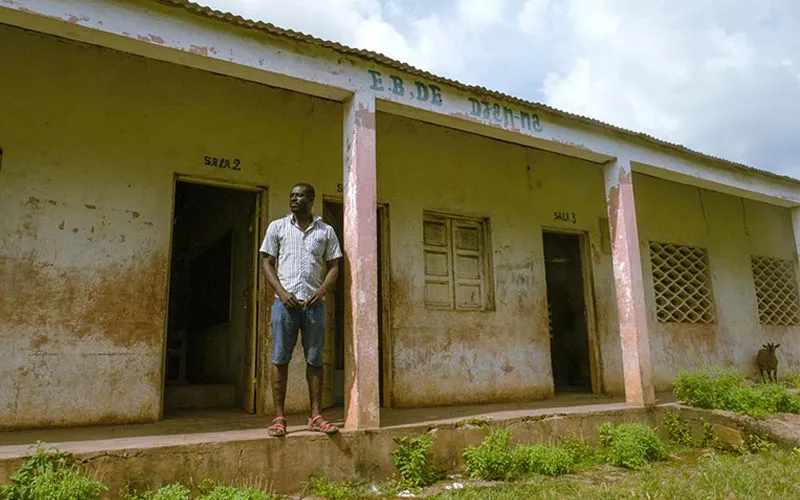Bissau, 10 January, 2022 / 4:03 pm (ACI Africa).
Catholic Relief Services (CRS), the international humanitarian agency of the Catholic community in the U.S., is imparting record keeping skills to school administrators and officers of other institutions in Guinea Bissau.
In a January 7 report, CRS officials say that apart from keeping children in school, the four-year training program seeks to keep track of what local community organizations contribute to the children’s daily meals.
“The new program provides a streamlined system for better record keeping and allocation of food. It keeps track of both how much food is distributed and consumed,” CRS officials say in the report.
They add, “Besides improved accounting of the food, better systems will also be in place to record what local community organizations contribute to the children’s daily meals.”
Implemented by CRS and funded by the McGovern-Dole Food for Education Program that is sponsored by the U.S. Department of Agriculture, the program provides training in an effort to promote education and economic performance in the Educative Communities project.








